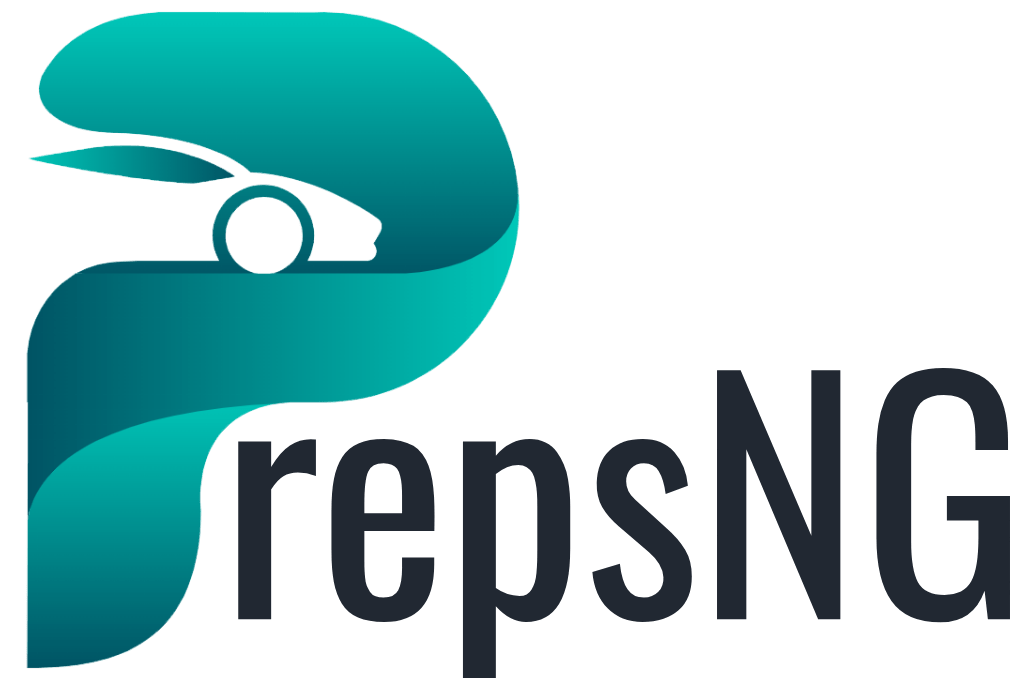JAMB Subject Combination for Economics: Economics is a popular and competitive course aspiring undergraduate students in Nigeria seek to study through JAMB UTME. However, many students face dilemmas regarding the right subject combinations and requirements when choosing subjects for Economics while registering for UTME.
This comprehensive article provides everything you need to know about the JAMB subject combination for Economics to enhance your chances of gaining admission to study Economics or related programmes.
Overview of Economics Degree Programmes in Nigeria
Economics is offered as a 4-year bachelor’s degree programme at universities across Nigeria. Some common variants of the programme include:
Join any of our Social Media Pages to receive Latest Updates!- BSc Economics
- BSc Business Economics
- BSc International Economics
- BSc Economics and Statistics
The degree equips students with knowledge in micro and macroeconomics, econometrics, mathematical economics, public sector economics, labour and welfare economics.
Upon graduation, you can work in education, banking, manufacturing, consulting, auditing, insurance and public sector organizations in roles like economic analysts, advisers, and consultants.
Why Choosing the Right JAMB Subjects for Economics is Important
Selecting the right subject combinations when registering for UTME is crucial to gaining admission to study your preferred Economics degree programme. Here are key reasons why:
1. It Qualifies You to Apply for Admission
Many universities will not accept your application for Economics degree programmes if your UTME subject combination does not meet their requirements.
2. Enhances Your UTME Score
Choosing subjects you have an aptitude for and enjoy studying enhances your chances of excelling and hitting the high scores demanded by top universities.
Join any of our Social Media Pages to receive Latest Updates!3. Makes Your Application Competitive
Meeting the subject requirements makes your application competitive compared to those disqualified for not choosing suitable subject combinations.
4. Reduces Stress of Multiple UTME Attempts
Selecting the right subject combo that qualifies you reduces the stress of having to rewrite UTME multiple times to get your combination right.
O’Level Subject Requirements for Economics Degree Programmes
To apply for Economics degree programmes in Nigeria through JAMB UTME, you must have:
a) 5 Credit Passes in SSCE/GCE O’Levels/NECO
Including:
- English Language
- Mathematics
- Economics
- Any other 2 or 3 subjects
b) Minimum Grade
Some universities require at least a ‘C’ grade in certain subjects like English, Mathematics and Economics.
c) Relevant Subjects
Join any of our Social Media Pages to receive Latest Updates!Having credit passes in Government, Principles of Accounts, Commerce, Statistics, Geography boosts your chances.
Recommended O’Level Subjects for Economics
Given the O’level requirements above, students aiming for Economics degree programmes are advised to have credit passes in:
- English Language
- Mathematics
- Economics
- Commerce/Principles of Accounts
- Government/History/Civic Education
This combination provides you a solid base for university economics courses. Other useful subjects to have are Literature in English, Statistics, Geography, and Chemistry.
What is the JAMB Subject Combination for Economics?
When selecting your UTME subjects, the ideal combination includes:
- English Language – compulsory for all candidates
- Mathematics – mandatory for economics, statistics and other science-based programmes
- Economics – highly relevant to the programme
- Any Social Science, Commercial or Arts Subject
Therefore, the recommended 4-subject UTME combination for Economics degree programmes is:
- English Language
- Mathematics
- Economics
- Government/Commerce/Literature-in-English/C.R.K/I.R.S
With this UTME subject combo, you will be on your way to pursue your Economics degree!
NOTE: You need to score at least 180 in JAMB to be eligible for admission into any Nigerian university. However, some universities may have higher cut-off marks for Economics. For example, the cut-off mark for Economics at the University of Lagos (UNILAG) is 200. Therefore, you need to prepare well for the UTME and aim for a high score.
Other Subject Combinations for Economics
Aside the above, candidates can also consider the following as suitable UTME subject combinations for Economics degree programmes:
- English Language, Mathematics, Economics, Commerce
- English Language, Mathematics, Economics, Government
- English Language, Mathematics, Economics, Literature-in-English
- English Language, Mathematics, Economics, C.R.K/I.R.S
Whichever combination you opt for, ensure it includes English, Mathematics and Economics subjects. Also confirm specific requirements from your desired institutions.
Direct Entry Requirements for Economics
If you have an OND, NCE, or A’level qualification in a relevant field, you may apply for direct entry admission into 200 level to study Economics. The direct entry requirements for Economics are:
- Two A’level passes in Economics and any one of Mathematics, Statistics, Geography, Business Management, Accounting, and Government.
- NCE with at least merit passes in Economics and any one of Mathematics, Statistics, Geography, Business Management, Accounting, and Government.
- OND with at least upper credit in Business Administration, Accounting, Banking and Finance, Marketing or Statistics.
Note that some universities may accept lower qualifications or have additional requirements for direct entry admission. Therefore, you need to check the JAMB brochure for the specific requirements of your preferred university.
What are the Best Universities to Study Economics in Nigeria?
Some of the top universities for Economics in Nigeria include:
- University of Lagos
- University of Nigeria Nsukka
- University of Ibadan
- Covenant University
- Obafemi Awolowo University
- Ahmadu Bello University, Zaria
- University of Benin
Do extensive research to pick a university that offers your desired economics specialization.
Can I Use Geography, Biology or Yoruba for Economics Degree Programme?
While UTME subjects like Biology, Technical Drawing, Yoruba, Igbo, Hausa and Foreign Languages cannot qualify you specifically for Economics degree programmes, some universities may accept them to meet basic admission criteria in combination with commercial subjects.
However, it is more preferable to write subjects that relate closely to Economics like Government, Literature, C.R.K/I.R.S. This strengthens your admission chances.
Important Tips to Note When Choosing UTME Subjects for Economics
Beyond the basic requirements, here are vital tips:
- Confirm specific subject requirements from your desired institutions, programmes and departments. Some may have slight variations.
- Select subjects you have strong competency and interest in to excel in UTME.
- Discuss your combination options early with your teacher and career counsellor.
- Ensure your choices qualify you for competitive programmes, not just any admission.
- Balance your selections across your areas of strength.
- You can only select one arts/humanities subject. Don’t overload similar subjects.
Frequently Asked Questions (FAQs) on JAMB Subject Combination for Economics
Here are answers to common questions:
Q: What is the JAMB subject combination for Economics?
A: The JAMB subject combination for Economics is English Language (compulsory), Economics, Mathematics, and any one of Government, History, Geography, Literature-in-English, French, and Christian Religious Studies/Islamic Studies.
Q: What are the O’level requirements for Economics?
A: The O’level requirement for Economics is five (5) SSCE credit passes in English Language, Mathematics, Economics, and any two of Government, History, Geography, Literature-in-English, French, and Christian Religious Studies/Islamic Studies.
Q: What is the cut-off mark for Economics in JAMB?
A: The general cut-off mark for Economics in JAMB is 180. However, some universities may have higher cut-off marks for this course. For example, the cut-off mark for Economics at UNILAG is 200.
Q: What are the direct entry requirements for Economics?
A: The direct entry requirements for Economics are two A’level passes in Economics and any one of Mathematics, Statistics, Geography, Business Management, Accounting, and Government; or NCE with at least merit passes in Economics and any one of Mathematics, Statistics, Geography, Business Management, Accounting, and Government; or OND with at least upper credit in Business Administration, Accounting, Banking and Finance, Marketing or Statistics.
Q: Can I choose English Literature or C.R.K with Economics, Mathematics and Government to study Economics?
Yes, you can. Just one arts/humanities subject like Literature, C.R.K, or Government is required.
Q: What is the meaning of special consideration (waiver) in JAMB?
A: Special consideration (waiver) means an additional or specific requirement for a particular course in a particular university. For example, some universities may accept a pass in Mathematics or English Language for admission into some courses. You need to check the JAMB brochure for the special considerations for each university before you apply.
Q: Can I study Economics without Mathematics?
A: No. Mathematics is a core subject for studying Economics in any Nigerian university. You need to have at least a credit pass in Mathematics at the O’level level and also choose Mathematics as one of your UTME subjects.
Q: Which university is the best for studying Economics in Nigeria?
A: There is no definitive answer to this question as different universities have different strengths and weaknesses. However, some factors that you may consider when choosing a university for studying Economics are:
- The accreditation status of the university and the course by the National Universities Commission (NUC) and other relevant bodies.
- The quality and availability of academic staff and facilities for teaching and learning Economics.
- The reputation and ranking of the university and the course by various bodies and publications.
- The tuition fees and other costs of studying in the university.
- The location and security of the university campus and its environs.
- The availability of scholarships, bursaries, and other financial aids for students of Economics.
- The alumni network and employability prospects of graduates of Economics from the university.
You can do your own research and compare different universities based on these factors and choose the one that suits your preferences and goals.
Q: What are the career opportunities for graduates of Economics in Nigeria?
A: Graduates of Economics have a wide range of career opportunities in various sectors of the economy, such as:
- Banking and finance
- Accounting and auditing
- Insurance and actuarial science
- Management and administration
- Marketing and sales
- Education and research
- Public service and policy making
- International organizations and development agencies
- Non-governmental organizations and civil society
- Entrepreneurship and self-employment
Graduates of Economics can also further their studies by pursuing postgraduate degrees in Economics or related fields, such as:
- Master of Science (M.Sc.) in Economics
- Master of Business Administration (MBA)
- Master of Philosophy (M.Phil.) in Economics
- Doctor of Philosophy (Ph.D.) in Economics
Wrapping Up
I hope this detailed guide provides useful insights to make the right UTME subject combinations for your dream Economics degree programme. Choosing suitable subjects will get you one step closer to achieving your career goals. All the best!
I hope this post has answered all your queries. If you have any questions or comments about JAMB Subject Combination for Economics, please feel free to leave them in the comments section below, I will be happy to answer them. And don’t hesitate to share it with others who might find it helpful too!!




![UNIBEN Admission Requirements [year]/[nyear] | UTME, Direct Entry & Postgraduate Requirements 3 UNIBEN Admission Requirements](https://www.preps.ng/wp-content/uploads/2023/11/UNIBEN-Admission-Requirements-150x150.webp)
